Information & Advice
Everybody forgets things from time to time but if you or other people notice that memory problems are getting worse, or that they affect your daily life it is important to seek help
You should contact your GP or you can contact us for advice and support
What is dementia
'Dementia' describes a set of symptoms that may include memory loss and difficulties with thinking, problem-solving or language. Click here to find out more about the different types of dementia

The changes that people experience are often small to start with, but for someone living with dementia these changes become severe enough to affect their daily life. There may also be a change in a person’s mood or behaviour
Dementia is a result of damage to the brain caused by diseases or injury to the brain, for example Alzheimer’s disease or a series of strokes. Alzheimer’s disease is the most common cause of dementia, but not the only one

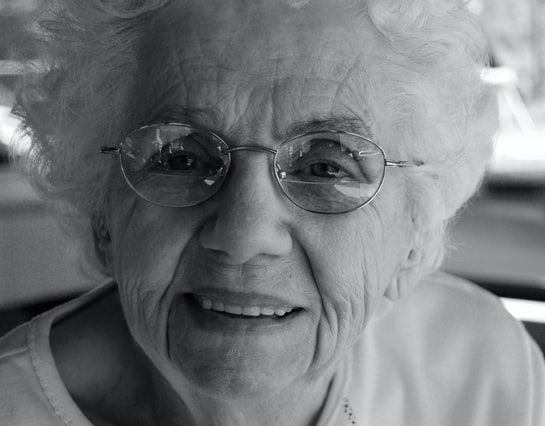
Everyone is unique and will experience dementia in their own way. The specific symptoms that someone with dementia experiences will depend on the parts of the brain that are damaged and the disease that is causing the dementia
In the early stages, different types of dementia can affect people differently. In addition, their environment and how other people react to them will affect how well someone can live with dementia
Symptoms of Dementia
There are many symptoms of dementia.
Someone living with dementia may have one or more of the below traits
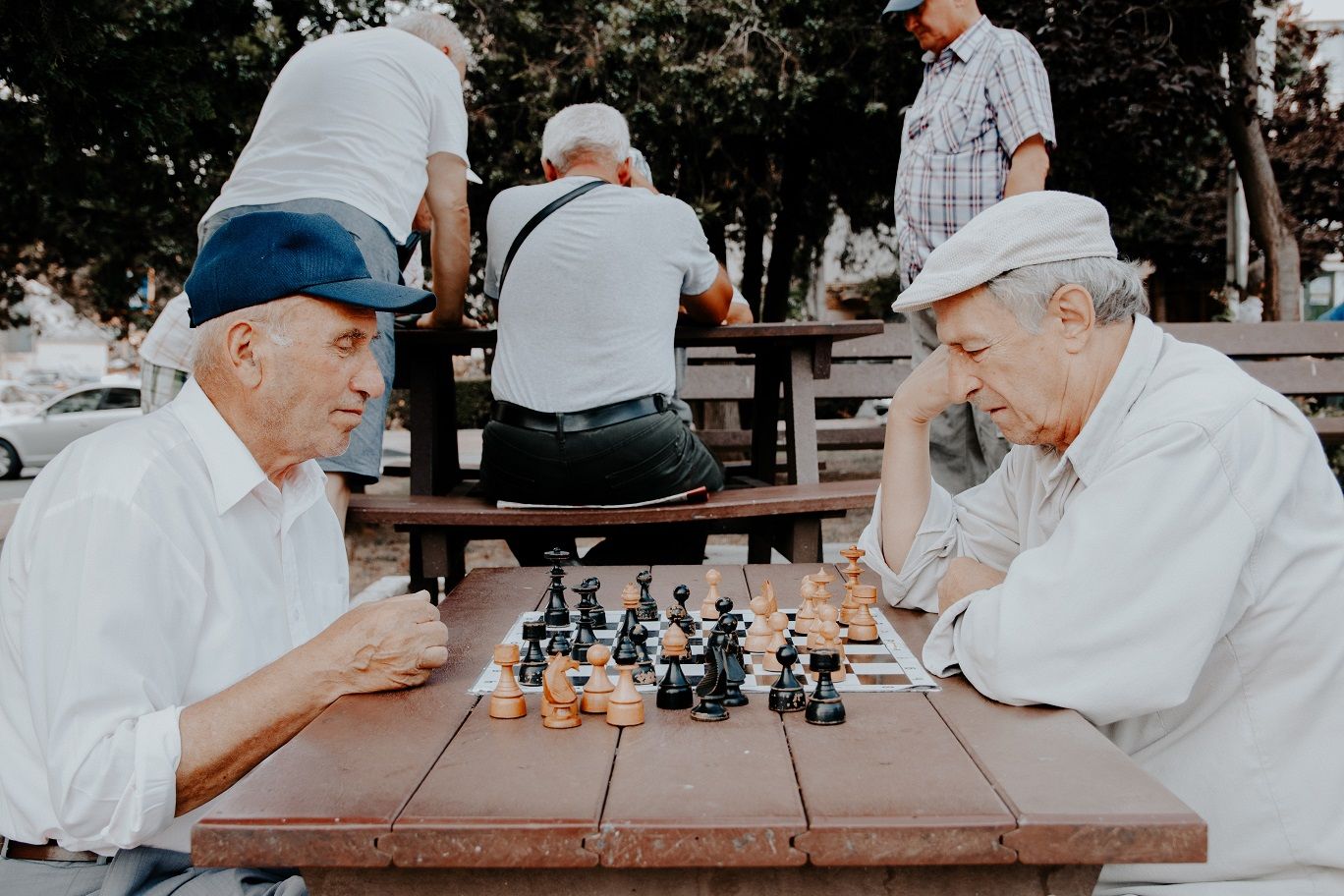
Cognitive Issues
- Difficulty recalling events that have happened recently
- Difficulty in making decisions, solving problems or carrying out a sequence of tasks
- Difficulty following a conversation or finding the right word for something
- Problems judging distances
- Losing track of the day or date or becoming confused about where they are
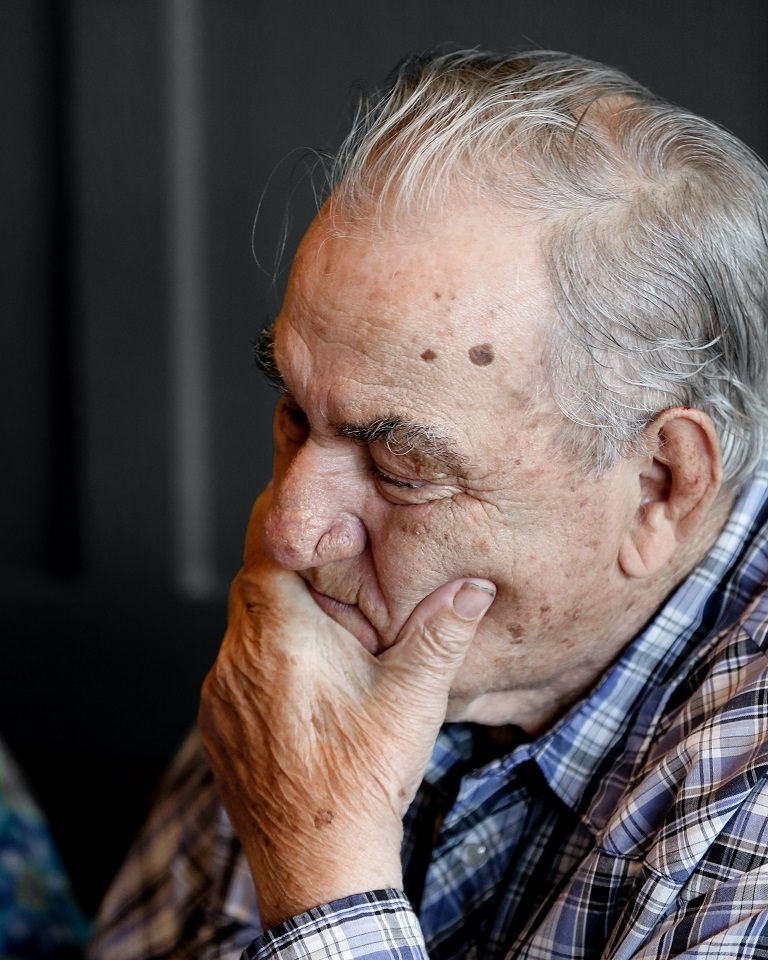
Mood Changes
- Become irritated or frustrated more easily
- Apathetic or withdrawn
- Anxious
- Easily upset or unusually sad
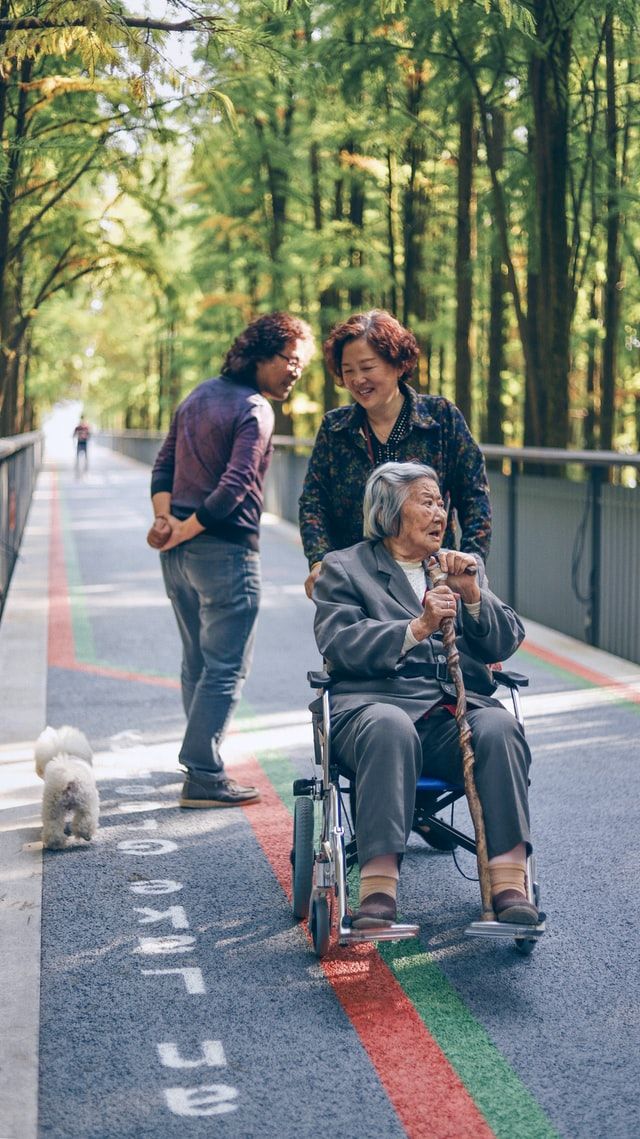
Physical Symptoms
- Muscle Weakness
- Weight loss
- Changes in sleep pattern
- Changes in appetite
These symptoms can come in many combinations as there are many different
types of dementia
Reducing the risk of dementia
Getting older is the biggest risk factor for dementia -
however, evidence shows that there are things you can do to help reduce your own risk

Keeping Active
Doing regular physical activity is one of the best ways to reduce your risk of dementia. Physical activity is good for your heart, circulation, weight control and mental wellbeing all of which have an impact on how likely you are to develop dementia. It is essential to find a way of being physically active that works for you. Sometimes it helps to start off with a small amount of activity and build it up gradually. You should also try to avoid sitting down for too long at one time. You also need to think about activities which will improve your stamina, strength, flexibility and balance all of which can help you stay independent for longer.
In practical terms, this means you will be able to walk for longer distances, climb stairs more easily and continue to get washed and dressed on your own. You’ll also find yourself more able to continue doing the things you enjoy most such as hobbies. An added bonus is that what is good for your body is also good for your mind. As well as helping to keep you sharp, staying active can also improve your mood and mental wellbeing, and help you deal with stress
Make sure that the type and intensity of any activity which you choose to do is right for your level of fitness. If you have previously been inactive you should not do vigorous exercise to start with but build up to this gradually
Moderate activity which raises your heart rate, and makes you breathe faster and feel warmer can be achieved by walking briskly, riding a bike, dancing or pushing a lawn mower
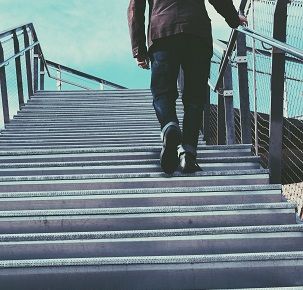
Vigorous intensity activity makes you breathe hard and fast. If you are working at this level, you will not be able to say more than a few words without pausing for breath. Most moderate activities can become vigorous if you increase your effort. Other examples of vigorous activities include jogging or running, walking up the stairs and aerobics
Very vigorous activities are exercises performed in short bursts of maximum effort broken up with rest. This type of exercise is also known as High Intensity Interval Training (HIIT). Examples of very vigorous activities are lifting heavy weights, circuit training, sprinting up hills or running upstairs

You should
- Aim to be physically active every day. Any activity is better than none, and the more you do, the better
- Do strengthening activities that work all the major muscles e.g. your legs, hips, back, abdomen, chest, shoulders and arms on at least 2 days a week
- Do at least 150 minutes of moderate intensity activity a week or 75 minutes of vigorous intensity activity a week, if you are able to within your own limits
- Reduce time spent sitting or lying down and break up long periods of not moving with some activity, even standing up regularly can help
These are recommended levels of activity, but always remember to work within your limits. You should always ask your GP’s advice before you start an exercise programme, particularly if you have a long term condition
If you would like some help and support with an exercise programme tailored to the needs of older people, which takes into account physical limitations please contact us to find out how you can join an online exercise programme
How you can help
We welcome ideas for raising funds to help us provide further support and training. Please contact us if you want to share your ideas or would like to get involved with our activities